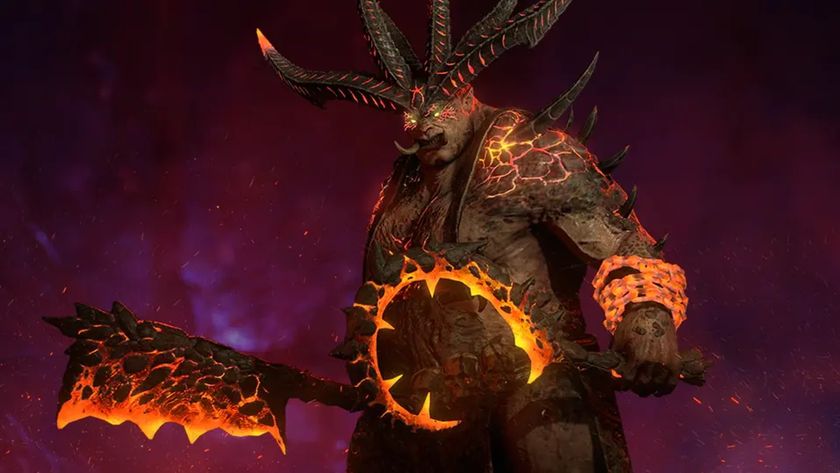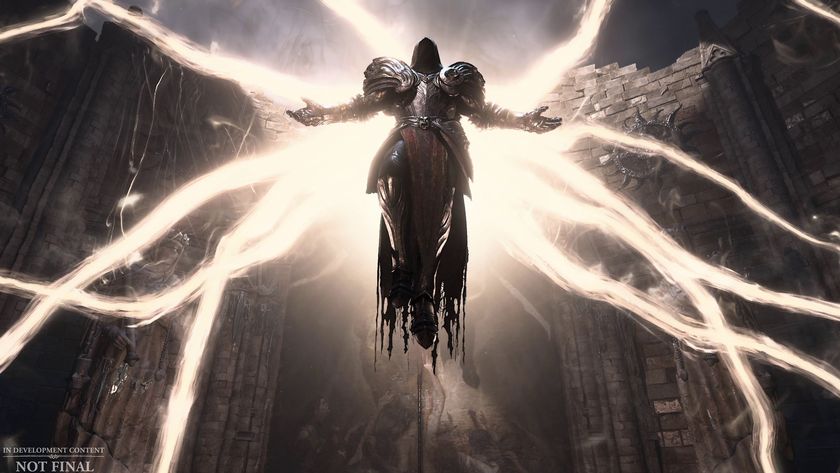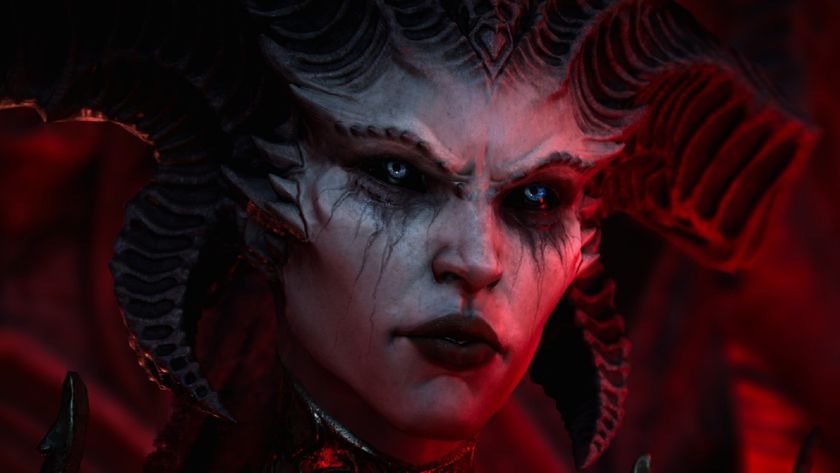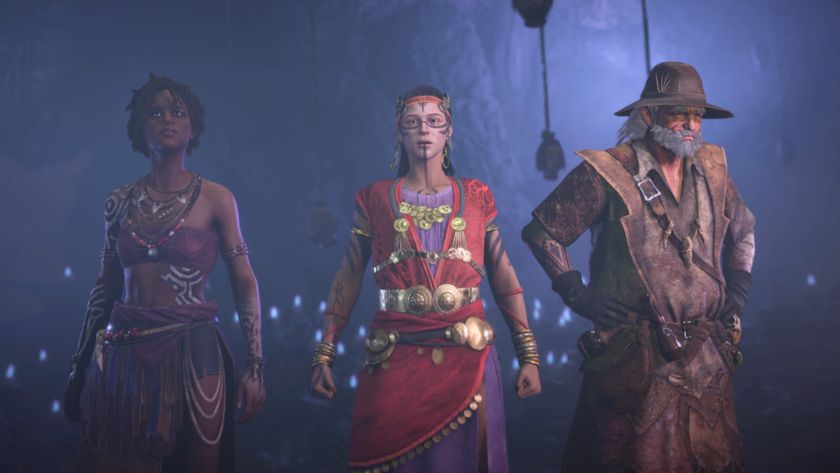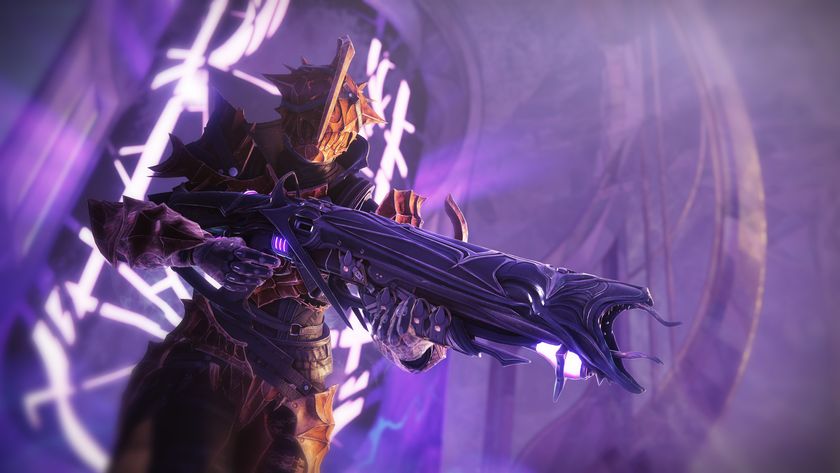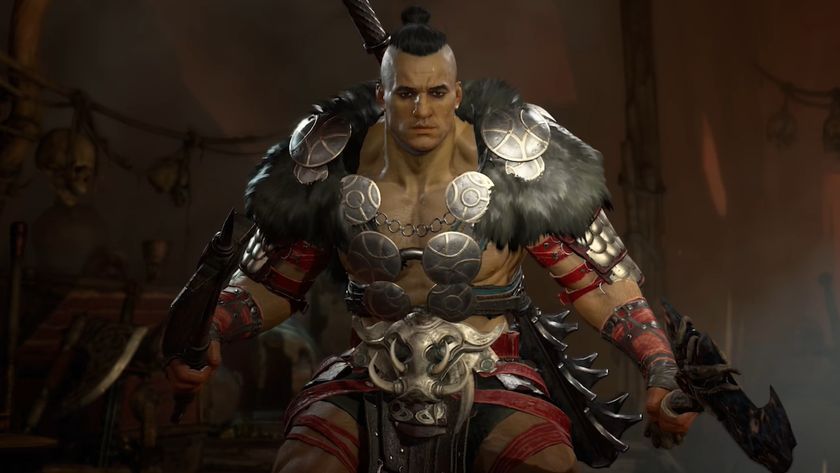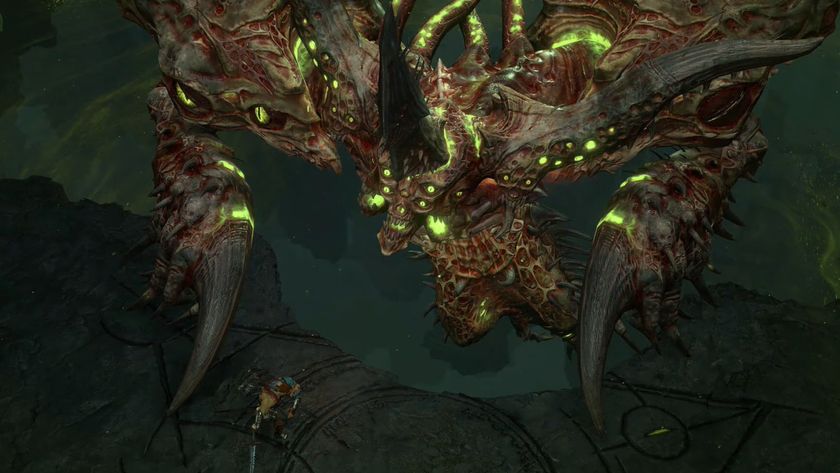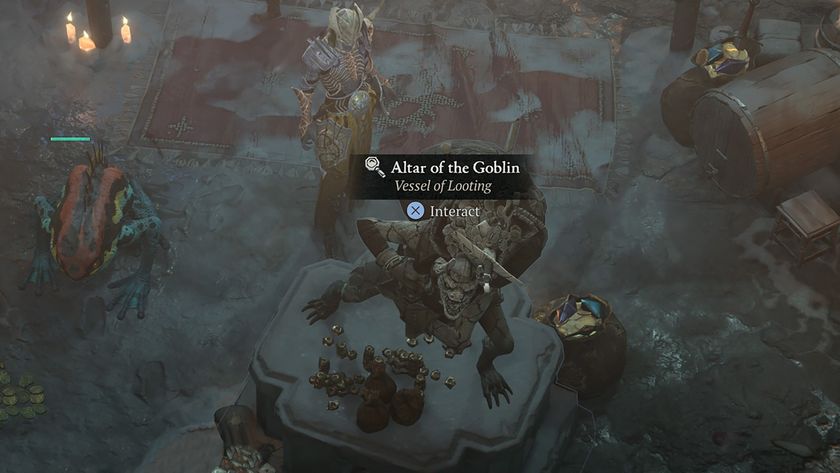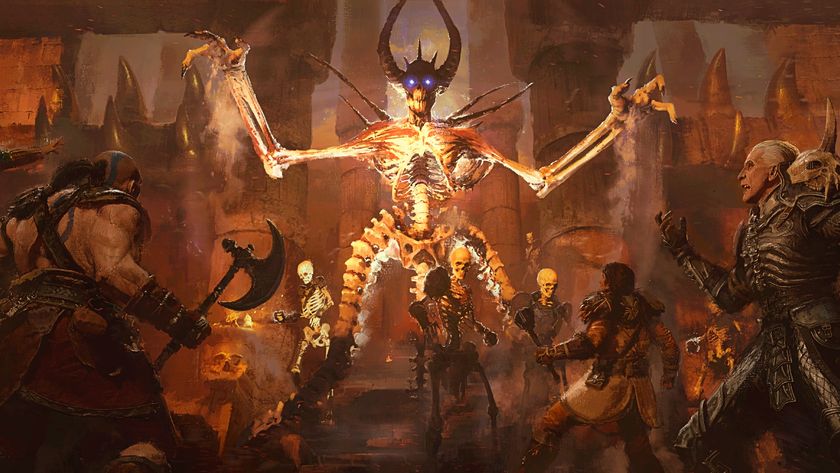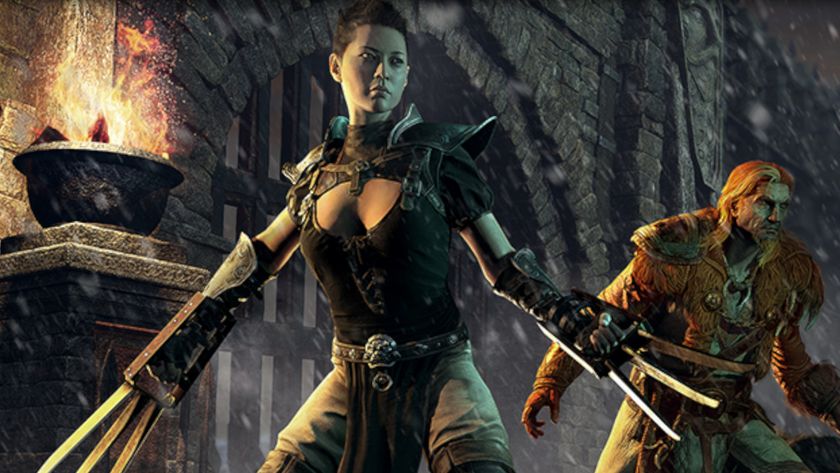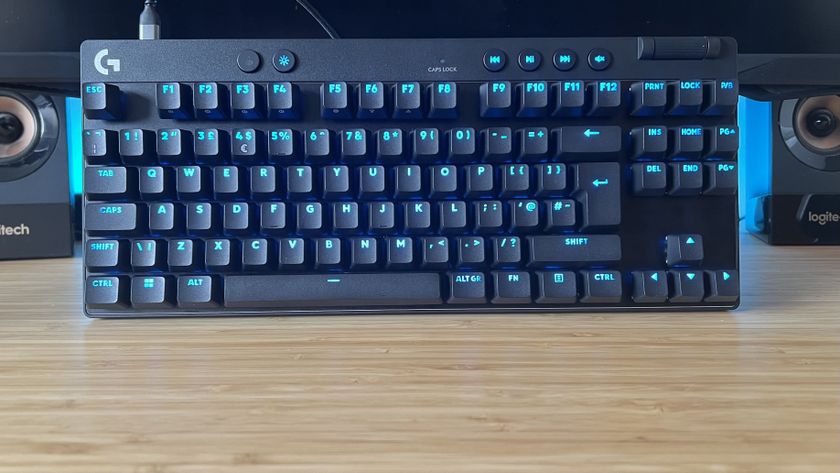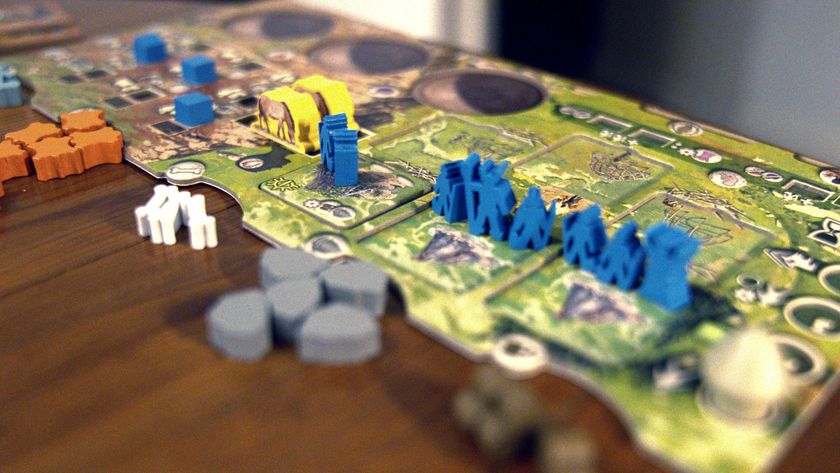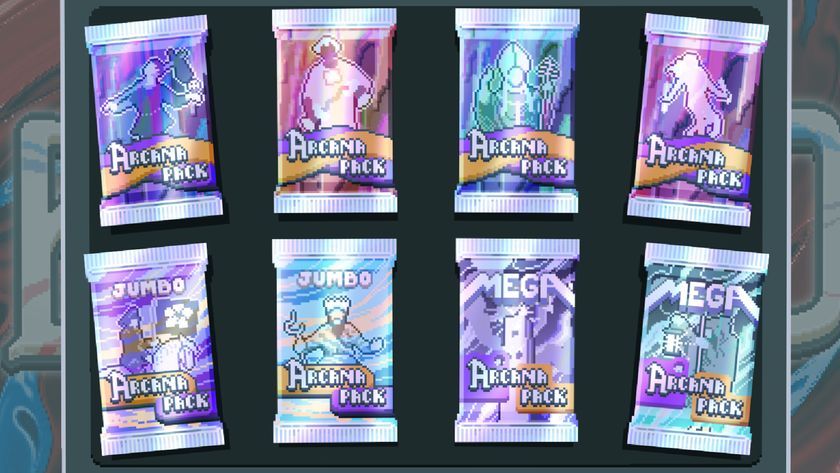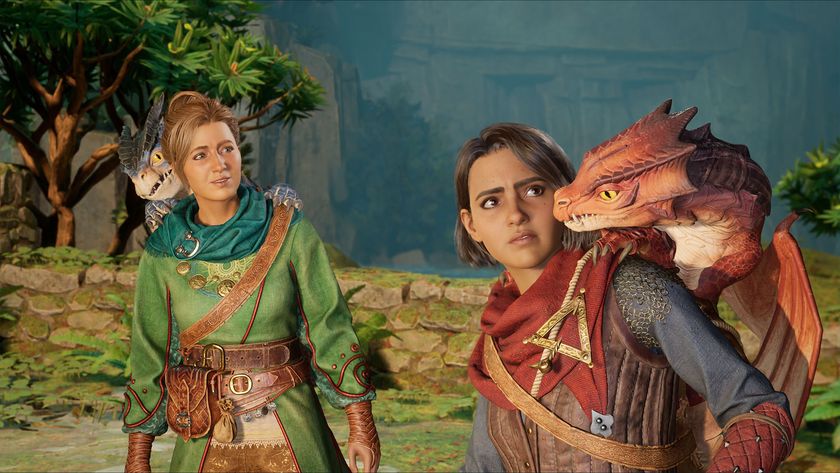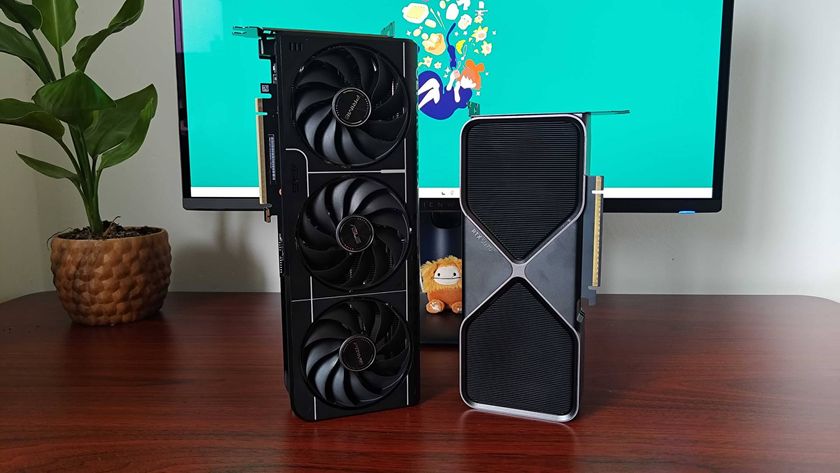12DOVE Verdict
Diablo 4: Vessel of Hatred demonstrates that Blizzard Entertainment is following the right path with its ever-evolving action-RPG. The addition of a new region and class breathe new life into Sanctuary, and smart changes to progression and core systems only improve the baseline experience further. The story could have been more impactful, but this expansion still offers a journey worth taking.
Pros
- +
Nahantu is an excellent region
- +
Spirtborn class is wildly complex
- +
Mercenaries are great for solo players
Cons
- -
Story is a little thin
- -
Runewords aren't impactful enough
Why you can trust 12DOVE
Vessel of Hatred is a reason to return to Sanctuary. Perhaps you never needed one; if you're a seasonal slayer who spent the past 16 months gleefully extinguishing helltides, then the first Diablo 4 expansion is best viewed simply enough as more of something you already love. But what I've discovered in the stretch of time since Lilith was (first) felled is that my lust for blood isn't eternal. The way in which developer Blizzard Entertainment has updated, experimented, and communicated within this live-service model has been captivating – but it isn't for me. I need a hook, a clear target to focus my attention.
Diablo 4: Vessel of Hatred provides exactly that. A new chapter tracks the spread of corruption south of the Kehjistan border, into the lush lands of Nahantu – a region sealed off from the mainland for centuries, wilting now as Neyrelle walks a sealed Prime Evil through this spiritual sanctuary. A fresh new class is introduced to the franchise, expanding the scope of play well beyond the carefully constructed archetypes Blizzard sought to initially capture; the resurrection and reinvention of key Diablo 2 systems like Mercenaries and Runewords, furthering Blizzard's attempts to reconnect past and present; and a suite of core changes which keenly build on the successes of the season four Loot Reborn patchwork.
Fear of the Dark
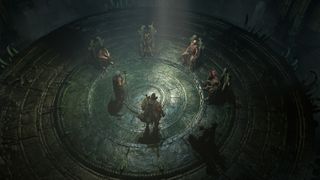
Release date: October 8, 2024
Platform(s): PC, PS5, Xbox Series X
Developer: Blizzard Entertainment
Publisher: Xbox Game Studios
In addition: Diablo 4 review
If Blizzard could be accused of anything with Diablo 4, it's that the studio played it a little safe with its initial outlay of classes – such was the desire to reconnect with the traditions that fueled the series' past successes. This could have continued into Vessel of Hatred through the introduction of a Paladin, Monk, or Crusader archetype, but what we received instead is something far more ambitious. The Spirtborn is an impressive addition to the roster, a martial artist who decimates demonic forces with lightning-fast, two-handed melee strikes and the mystical synergy of four Spirit Guardians.
The scope for complex build-planning with this new class is honestly a little overwhelming, even now as I push well beyond the revised level 60 character level cap and wade into the Paragon Board depths, I'm still reassigning skill points with a mixture of trepidation and anticipation. It's possible to create powerhouse Spirtborn class builds, regardless of whether you favor direct, area-of-attack, or over-time damage vectors. New effect modifiers in Ferocity (attack speed) and Resolve (damage reduction) are compelling, adding further depth to the Vigor-resourced class. Spirtborn doesn't fill the sword-and-board shaped hole in the roster, but I suspect it'll appeal to players of all character fantasy disciplines.
Kurast has been reborn following its fleeting appearance in Act Three of Diablo 2, allowing you to push beyond city limits and out into the wider region of Nahantu for the first time. It's another excellent addition, a visually dense and ecologically diverse patchwork of arid deserts and overgrown jungles that are a delight to explore. Having spent the last year moving like a magnet between points of interest in Sanctuary, Nahantu provides enough reason to dismount and wander the wilds again. Story and side-quest missions are spread a little thinly, although newly themed dungeon excursions are enough of a draw to tread all of its locations.
The promise of Vessel of Hatred's campaign tethered itself to a reunion with Neyrelle, the Horadric apprentice shouldering the burden of exorcizing Mephisto from a shattering Soulstone. Given the implications of such an action, and the historical significance of Travincal to the Diablo tapestry, I expected the story to reach a little wider. It's instead a solid extension, but lacks the weight or cinematic flair that Blizzard is so uniquely capable of capturing. Still, it's a welcome reminder of how well written Diablo 4's characters are with Neyrelle reflecting the deteriorating hope shared by all who shelter beneath Sanctuary's blackened skies while the Wanderer's a kind, calming presence who provides a light in the dark for all who stumble within their orbit.
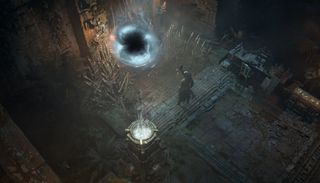
"Mercenaries add new dynamics to combat which are easy to appreciate"
A larger draw than the Vessel of Hatred campaign itself is the addition of Mercenaries. Falling somewhere between the throwaway nature of Diablo 2's Hirelings and the complexity of Diablo 3's Followers, these co-adventurers ease the burden of exploring Nahantu alone – which is particularly helpful as World Tier impact and enemy density has been wildly scaled up for this expansion. Recruited as you journey across the main quest, with a skill tree which widens as rapport is built through ongoing adventures, Mercenaries add new dynamics to combat which are easy to appreciate. That said, the addition of a Party Finder matchmaking system means it's also easier than ever before to team up with other players in search of company in Sanctuary.
I'm less taken by the return of Runewords, which temporarily improve elements like movement speed and skill effectiveness. These effects activate by slotting one of 17 Runes of Ritual into an item socket alongside one of 28 Runes of Invocation with the impact triggering once certain conditions are met. It's a neat concept, and there are plenty of combinations, but I struggled to feel the results. Similarly, a new multi-stage, time-attack dungeon in Kurast Undercity is a fun distraction, but doesn't have the same repeatable thrills as the core set of more defined dungeons and world events scattered around Nahantu.
Diablo 4 is in a really good place right now, and Vessel of Hatred will only widen its appeal. If this is the model for expansions moving forward, then I'm confident that Blizzard has the capacity to maintain momentum long into the future. At least I hope that's the case. The grasp the Lord of Hatred has over Sanctuary, after all, only grows tighter.
Disclaimer
Diablo 4: Vessel of Hatred was reviewed on Xbox Series X, with code provided by the publisher.

Josh West is the Editor-in-Chief of 12DOVE. He has over 15 years experience in online and print journalism, and holds a BA (Hons) in Journalism and Feature Writing. Prior to starting his current position, Josh has served as GR+'s Features Editor and Deputy Editor of games™ magazine, and has freelanced for numerous publications including 3D Artist, Edge magazine, iCreate, Metal Hammer, Play, Retro Gamer, and SFX. Additionally, he has appeared on the BBC and ITV to provide expert comment, written for Scholastic books, edited a book for Hachette, and worked as the Assistant Producer of the Future Games Show. In his spare time, Josh likes to play bass guitar and video games. Years ago, he was in a few movies and TV shows that you've definitely seen but will never be able to spot him in.
